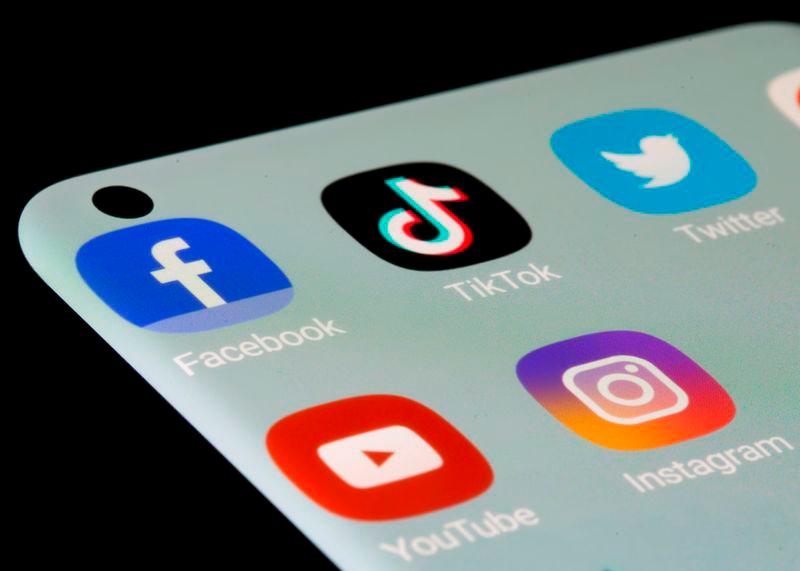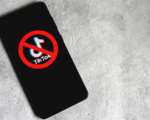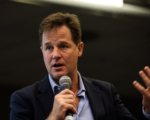Australia Proposes Groundbreaking Ban on Social Media for Under-16s

Australia’s centre-left government introduced a landmark bill in parliament on Thursday, seeking to prohibit social media use for individuals under 16 years old. The proposed legislation is poised to implement some of the most stringent restrictions globally, holding platforms accountable with fines reaching up to A$49.5 million (approximately $32 million or Rs. 270 crore) for systemic non-compliance. This ambitious move highlights growing concerns over the impact of social media on young users’ mental health, privacy, and safety.
Central to the enforcement of this ban is a proposed age-verification system, which could include biometric scans or the use of government-issued identification. If implemented, this trial system would represent a significant step in regulating digital spaces and ensuring that only individuals above the mandated age gain access to these platforms. However, the use of such invasive technologies has already sparked debates over privacy risks and the feasibility of widespread implementation.
Uniquely, the Australian proposal sets the world’s highest age restriction for social media usage, with no allowances for parental consent or pre-existing accounts. This no-exemption approach is designed to close potential loopholes and ensure uniform compliance across platforms. It reflects a departure from more lenient models seen in other countries, where parental approval often provides a workaround for age limitations.
Critics of the proposal have raised concerns over the balance between protecting young users and respecting personal freedoms. Questions also linger about how the age-verification measures might impact marginalized groups with limited access to technology or identification documents. Meanwhile, proponents argue that the policy is a necessary step to curb the harmful effects of unchecked social media use on children and set a global precedent for stricter digital regulation





















